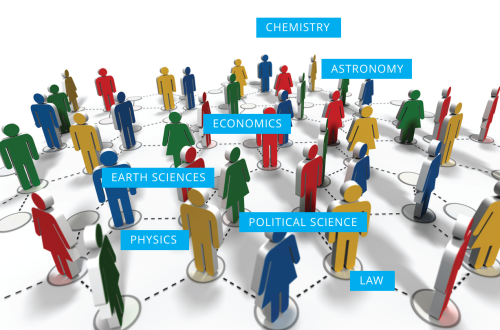IREG Ranking News
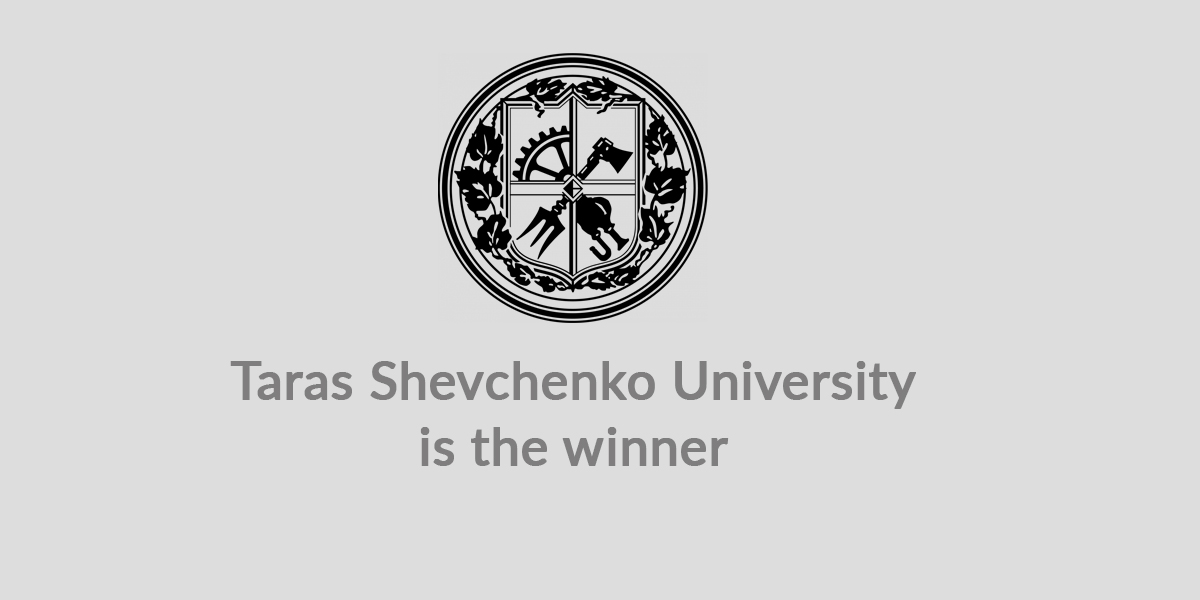
TOP 200 Ranking of Ukrainian Universities
In the 2025 ranking Kyiv Taras Shevchenko University is the winner followed by Lviv Polytechnic Institute and Igor Sikorsky Kyiv Polytechnic Institute. Given the importance of international collaboration for higher education in Ukraine, the weights of international performance indicators (results in global rankings) have been set higher than those of national indicators.

New Edition of the THE Impact Rankings
The latest edition of the Times Higher Education (THE) University Impact Rankings has been announced. These rankings attempt to measure universities’ contribution and commitment to global sustainability and are aligned with the 17 UN Sustainable Development Goals (SDGs).
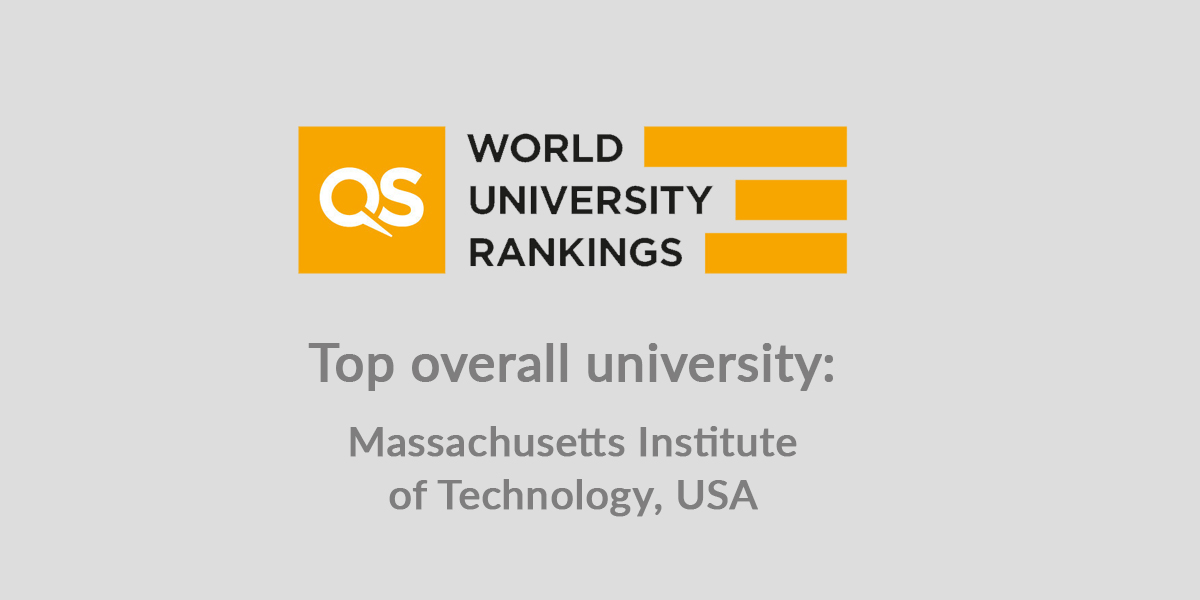
QS World Rankings
UK, Japan, and Australia down, US, China, and Arab Region up. The latest QS World University Rankings have been announced. There is little change at the top where Massachusetts Institute of Technology continues to hold on to first place.
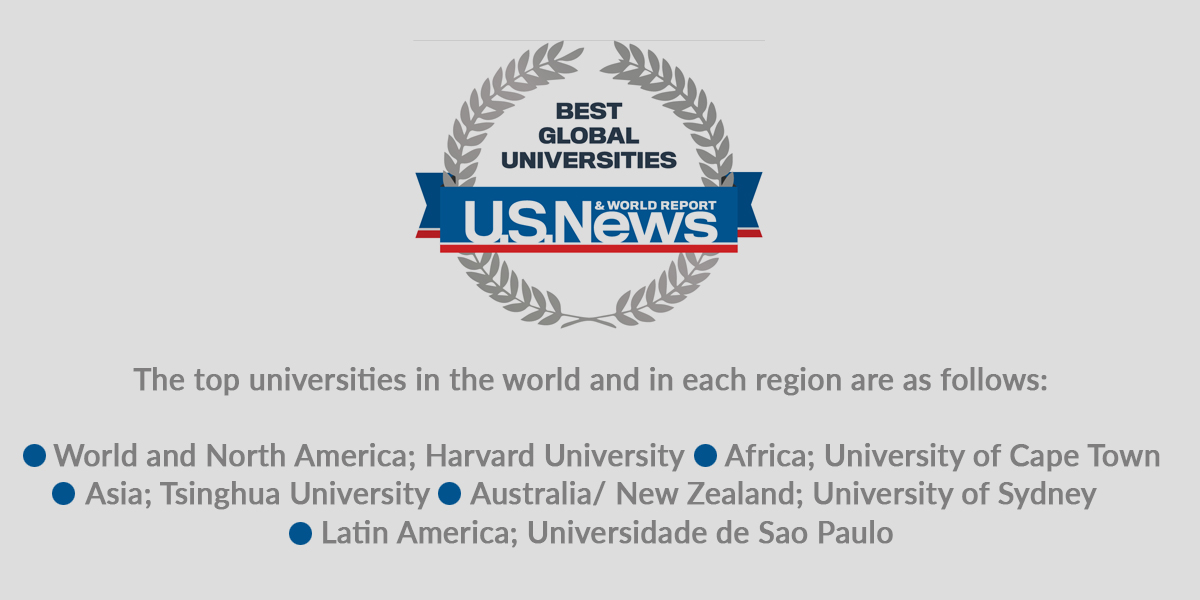
US News Best Global Universities
US News has released the latest edition of its Best Global Universities rankings. These rankings comprise 13 research-related indicators: Global research reputation, Regional research reputation, Publications, Books, Conferences, Normalized citation impact, Total citations...
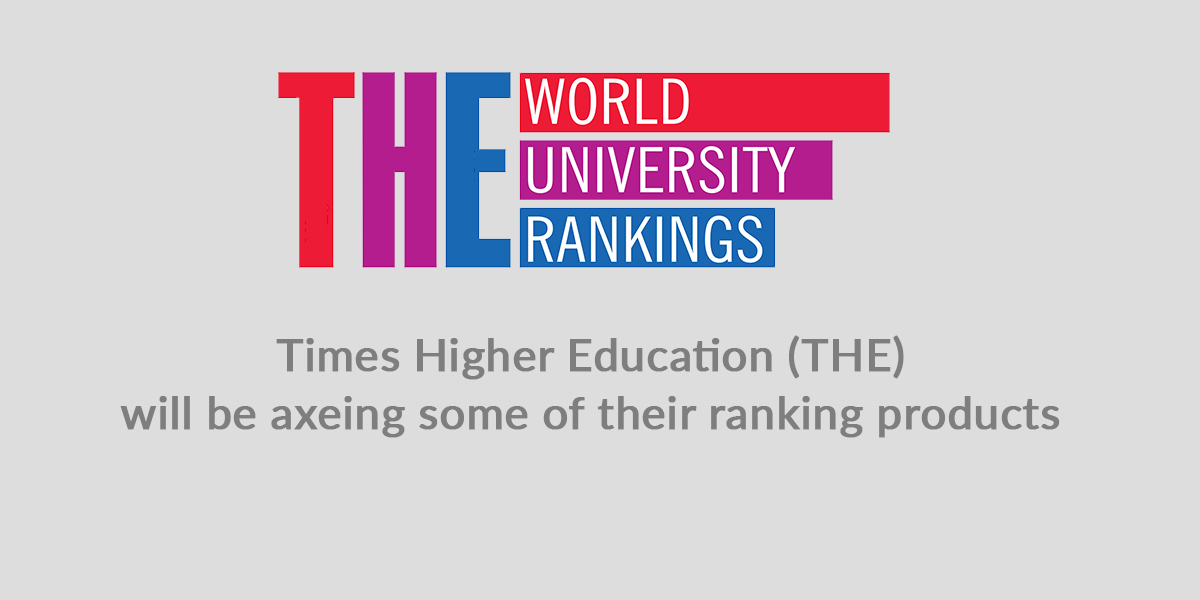
Changes Coming for THE Rankings
Times Higher Education (THE) have just announced that they will be axeing some of their ranking products and making significant changes to others.

Digital Leaders in Higher Education
Emerging, A French based consulting firm, has just published a set of rankings of universities that contribute to the development of the global digital economy.

Criticism of Sustainability Rankings
An article in University World News by Wagdy Sawahel has reviewed a paper published in the Journal of Technology Transfer, by Chiara Alberti, Alice Civera, Eric E Lehmann, Michele Meoli, Jonah Otto, and Stefano Paleari, and included in preprint form in Research Square.

Latest Ranking from Center for World University Rankings
The Center for World University Rankings, founded in 2012, is currently based in Sharjah, UAE, and has a distinctive methodology that assesses quality of education, quality of faculty and graduate employability, in addition to research output, quality and influence.
 DOCUMENTS
DOCUMENTSIREG GUIDELINES FOR STAKEHOLDERS OF ACADEMIC RANKINGS 2023
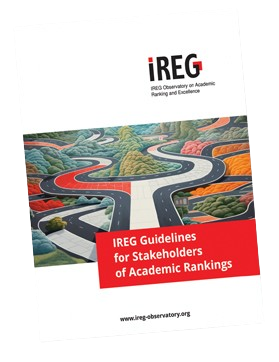
IREG INVENTORY ON NATIONAL RANKINGS

COMPETITION FOR BEST PHD THESES ON ACADEMIC RANKINGS
IREG Observatory on Academic Ranking and Excellence competition to recognize an outstanding PhD conducted in the area of academic ranking.
 INITIATIVES
INITIATIVESIREG CONFERENCES
NEWS FROM IREG MEMBERS
-
EngiRank 2024 – Ranking of Engineering Universities in Europe

Brussels, 29 October 2024. Technical University of Denmark on the top spot followed by Delft...
-
Prof. Marek Pawelczyk – Personality of European Universities

In a contest to select the most inspiring and active Polish universities operating within...
-
Polish universities are aiming high!

A short video Polish Universities – Aiming High, produced by the Perspektywy Education Foundation, tells about...
-
Bejing University of Technology

Bejing University of Technology published a Report on its activities in the period 2016 – 2020. You may...
-
Poland’s institutions top new European Ranking of Engineering Programes (EngiRank)

Warsaw University of Technology and AGH University of Science and Technology in Krakow secured the...
-
Invitation for female students and PhD candidates in IT

Join the biggest event for women in technology and IT in Europe. The online Perspektywy Women in...








